Yegwave’s content is identical to multiple journalists’ work
In August 2020, COVID-19 was causing panic, and a new Edmonton-focused Instagram page was thriving. Yegwave had just hit the 20,000-follower mark and posted a video thanking its audience for the support. The video included past content showing car accidents, police activity, and houseless people (to whom the video referred to as “crackheads”). The video also explicitly said the page was posting news (this will be important later).
Just six days after hitting its follower-count milestone, the page made another post in the usual way that it covers news stories. This one was about how the City of Edmonton was being sued for $565 million over its mask mandate. In the post, both the headline in the image and 91 words of the 92-word caption are identical to an Edmonton Journal article by Dustin Cook. There was no attribution or credit.
The post appeared to be the first visible incident of Yegwave using a journalist’s work without any attribution or mention of the source material, but it certainly wasn’t the last. It’s unclear if Yegwave has acquired any permissions to use such content. All other copied news posts before the post (and a couple subsequent posts), at least included the journalist’s or organization’s name in the image or caption.
“I think it’s pretty clear cut; it’s not ambiguous at all. That’s copyright infringement.”
Cameron Hutchison, University of Alberta law professor
Since then, Yegwave has amassed an audience of over 300,000 followers. It’s more than any other Edmonton “news” page on Instagram, even before Meta’s Canadian news block. The page is known for posting violent and sensational content. It’s also continued to include news from other media outlets as recently as a Jan. 4 post about cigarette bans (written by Kristy Kirkup of the Globe and Mail) and as frequently as several times a month. The page continues to remain anonymous.
To their credit, they have been using the work of others less recently than they have during the last three years. During that time, almost every news post with a lengthy caption was a copy. They have even started including attribution in a few posts, like one about the polar vortex in January.
Who’s articles do they take from? Well, almost everybody. Mostly, it’s Global News, CityNews, CBC, Post Media (via Calgary Herald and Edmonton Journal). Occasionally, they even take from CTV and the Globe and Mail. Even pages like MTL Blog have had their articles copied and pasted onto Yegwave’s posts.
Often, the first or last words of the posts will be original, such as “Edmonton wilding again” or “thoughts?” Sometimes a word like “Ottawa” will be changed to “Canada.” But, aside from those changes, many of these posts are word-for-word what a journalist wrote in a published article. Some don’t even include the cheeky add-ons.
When Karen Unland, co-founder of Taproot Edmonton, and past MacEwan instructor, worked for the Edmonton Journal for over a decade in the 2000s, plagiarism was a fireable offense. It’s still common among most news organizations, but the risks are usually so high that most journalists won’t do it.
Yegwave doesn’t label itself as news. It calls itself “culture and entertainment.” It’s unclear if this is to get around the Meta ban or if it’s just to keep things more casual, but it has called itself “news” before.
This puts Yegwave in a peculiar position. If it were to bill itself as a news page, Meta would undoubtedly block it. Instead, somehow, Yegwave can stay on Instagram while stealing articles from blocked media outlets at the same time. Unland says this is “particularly vexing.”
“I think the difference is the people behind Yegwave are, I think, not recognizing that you can commit an act of journalism without being a journalist,” Unland says. “To me, there are journalistic things happening on Yegwave, and you have to accept the responsibilities of that.”
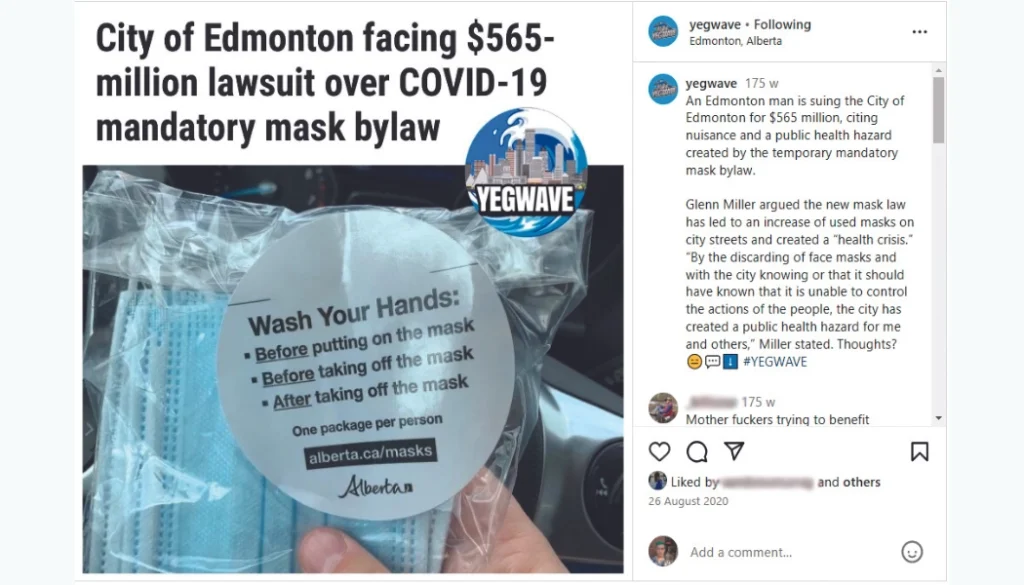
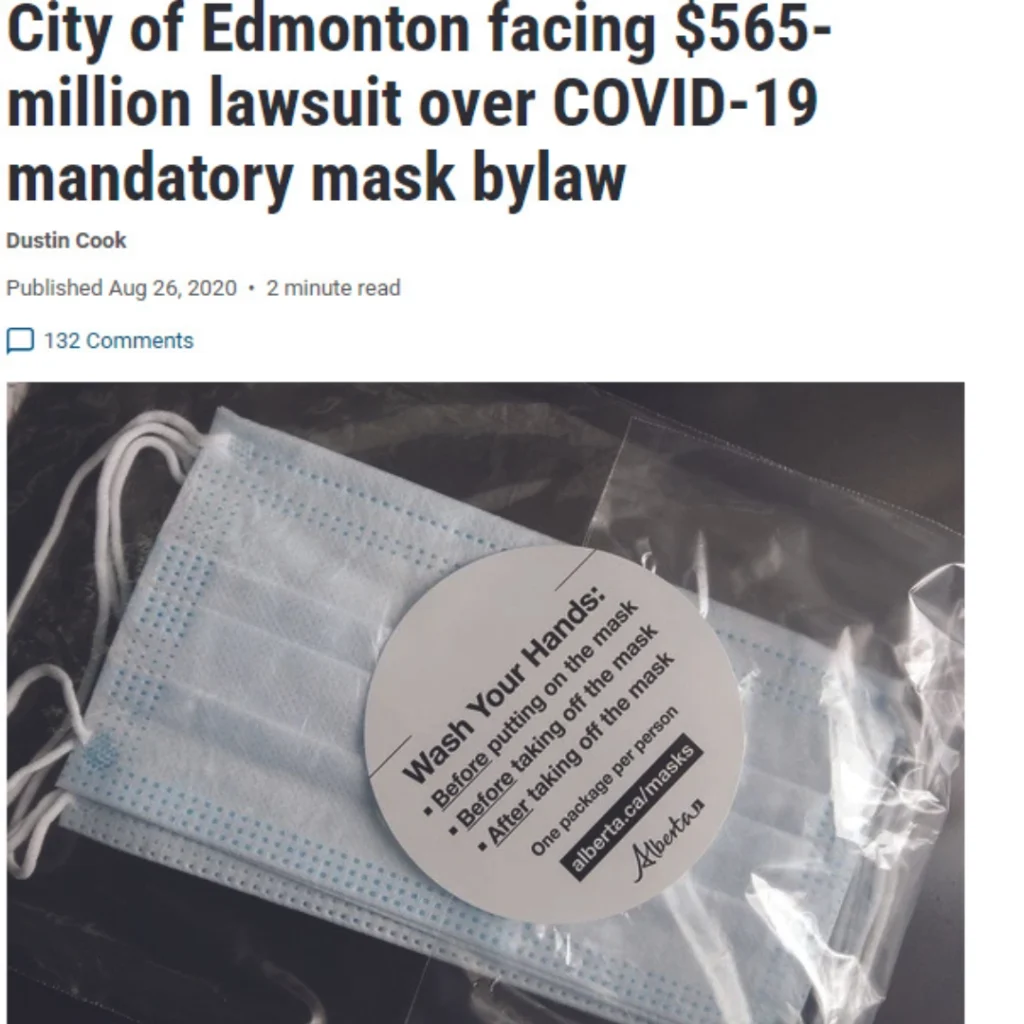
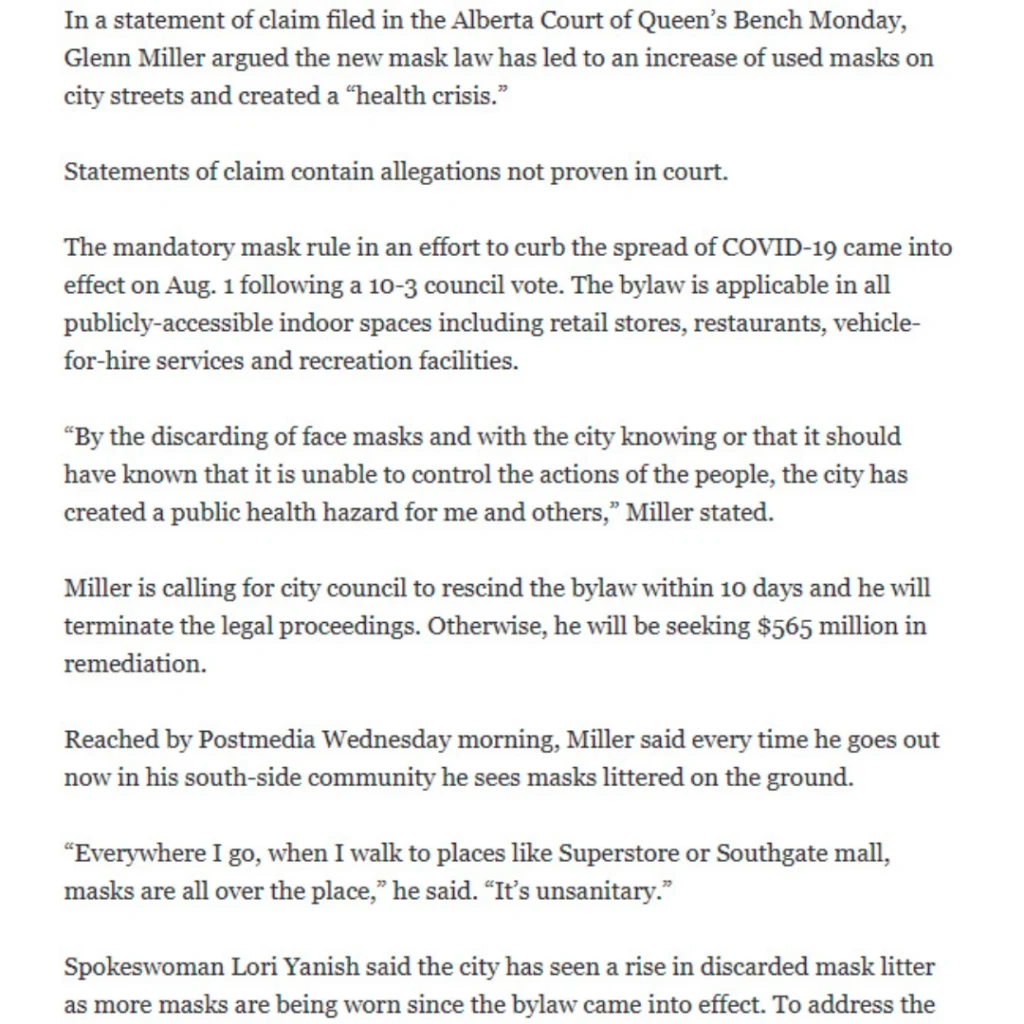
This goes beyond using the work of other reporters and the impact one’s work has on the surrounding community. Unland says Yegwave paints a bleak and chaotic picture of Edmonton which distorts what the city is like, especially if it’s the only news some people are getting.
It is a natural extension of the typical “if it bleeds, it leads” news coverage, which traditional media has relied on for ages. There is absolutely an audience for it, and it serves a need, but Unland says, “I don’t follow them because I find it depressing.”
And, of course, using the work of others has impacts too.
As Unland explains, organizations like Postmedia are trying to monetize readers’ attention with their stories, sell advertising, and maybe encourage readers to subscribe. Unland says that she thinks that’s a “lousy business model that’s doomed to fail,” but, Yegwave’s practice has potential to interfere with that media outlet’s ability to make money.
“To me, there are journalistic things happening on Yegwave, and you have to accept the responsibilities of that.”
Karen Unland, co-founder of Taproot Edmonton
By not attaching any attribution or providing any links to original posts, Yegwave is also making itself liable for copyright infringement. Yegwave does invite direct messages in its Instagram bio for promotion, credit, and removal requests.
Cameron Hutchison has no idea what Yegwave is. He’s a U of A law professor who specializes in intellectual property and wrote the 2018 textbook, Digital Copyright Law. After a bit of a back and forth about the details of what Yegwave is posting and where they are getting their content from, Hutchison says, “I think it’s pretty clear cut; it’s not ambiguous at all. That’s copyright infringement.”
He also says Yegwave’s anonymity wouldn’t protect them. If one of the parties, CBC, for example, wanted to sue Yegwave for copyright infringement, Hutchison says all they would have to do is bring their case to a court and make an information request. The court would then be able to get whoever is posting on Yegwave’s IP address from Shaw or TELUS, and their anonymity would be gone.

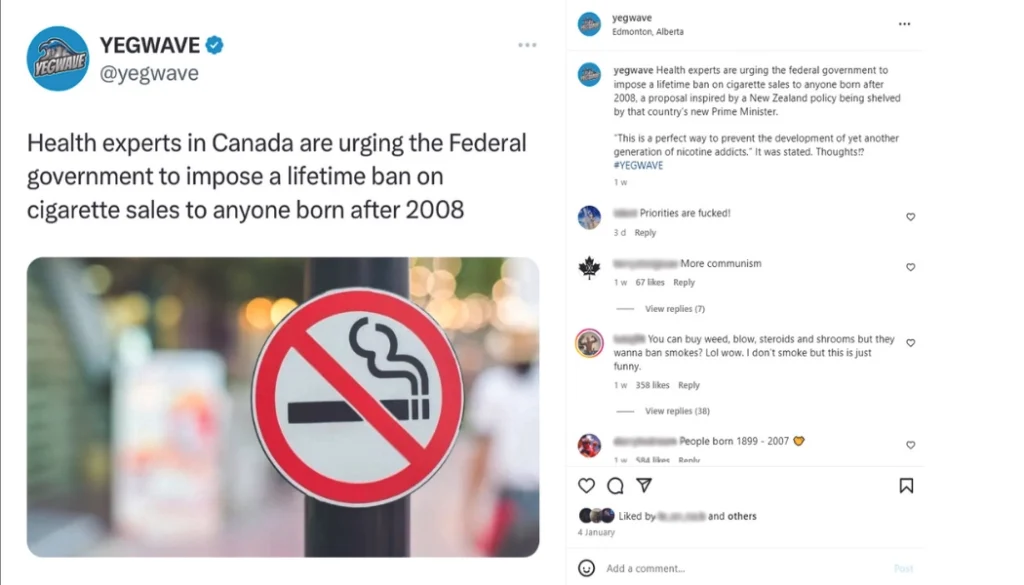
“Normally, in a case like this, I don’t think a court would hesitate to provide that information,” Hutchison says.
But, what surprises him the most is that nobody has gone after them yet.
“I just can’t believe none of the news providers have picked up [on it] or shut them down,” he says. “That would be pretty easy to do, just to get an injunction to shut them down. Even pending litigation on this to go to court.”
He asks, “Have you talked to CBC yet?” A couple of days after I spoke with Hutchison, I emailed the CBC about Yegwave and pointed out how Paige Parsons (a MacEwan sessional instructor) and Wallis Snowdon are both CBC journalists who have had their work recently copied (in a post from Nov. 29). I requested a comment or interview. Shortly after my request, I got a reply directing me towards CBC’s terms of use, which told me that the CBC doesn’t, in fact, like having its articles copied.
“What I’m so curious about with Yegwave, and its sisters and brothers in Calgary and Vancouver and wherever else, is what the end game is?”
Karen Unland, co-founder of Taproot Edmonton
MacEwan journalism professor Neill Fitzpatrick is surprised that other news organizations aren’t talking about Yegwave. Aside from an opinion piece that the Griff published and Kevin Maimann’s piece in Urban Affairs, Fitzpatrick says, “there’s been no actual stories done on Yegwave and its impact.”
“I find that kind of surprising, but I also find it not that surprising,” he says. “I suspect the discussions in the newsrooms have been something along the lines of ‘well, we don’t want to give them any publicity because then more people know about it.’”
Not addressing the elephant in the room is counterproductive, Fitzpatrick says. For years, TV news audiences have been dwindling and have struggled to stay relevant and reach younger audiences.
“Yegwave, for all its warts — because it does have warts — is giving them [young people] a snapshot of Edmonton and what Edmonton is up to that the traditional news organizations aren’t.”
Yegwave’s success is nothing to sneeze at. They have done the unthinkable — getting young people to actually talk about the news. Fitzpatrick calls their approach proactive and something that news organizations should pay attention to, lest they want to go the way of the daily newspaper. But, he’s not optimistic that legacy media will try and make a change.
“Yegwave, for all its warts — because it does have warts — is giving them a snapshot of Edmonton and what Edmonton is up to that the traditional news organizations aren’t.”
Neill Fitzpatrick
The future of Yegwave is just as uncertain, and both Unland and Fitzpatrick wonder about where the Instagram page will go.
“What I’m so curious about with Yegwave, and its sisters and brothers in Calgary and Vancouver and wherever else, is what the end game is?” Unland asks.
At first glance, you might think Yegwave makes some good money. However, there are no direct monetization models for Instagram in Canada yet. The only way people, typically influencers, make cash on the platform is through sponsorships and promotional material. But, even though Yegwave does promotional posts, it does them so infrequently that it isn’t clear if it can sustain much of a business, as far as we know.
For this article, I reached out to Yegwave on Twitter and Instagram several times with no response. I also contacted people who had paid for promotions When asked about the process, one sponsor said that it was “good.”
“Good.”
One of Yegwave’s sponsors
It’s difficult to know what the mysterious page is after. The anonymous operators told Urban Affairs in 2022 that they want it to keep feeling “authentic” and not corporate while continuing to grow the page.
But, at the end of the day, Yegwave is using other journalists’ works, which could be considered plagiarism and copyright infringement. The use of other peoples’ work could cause the page to be shut down should any of these major organizations seek litigation.
It certainly would be the end of an era for Edmonton journalism.

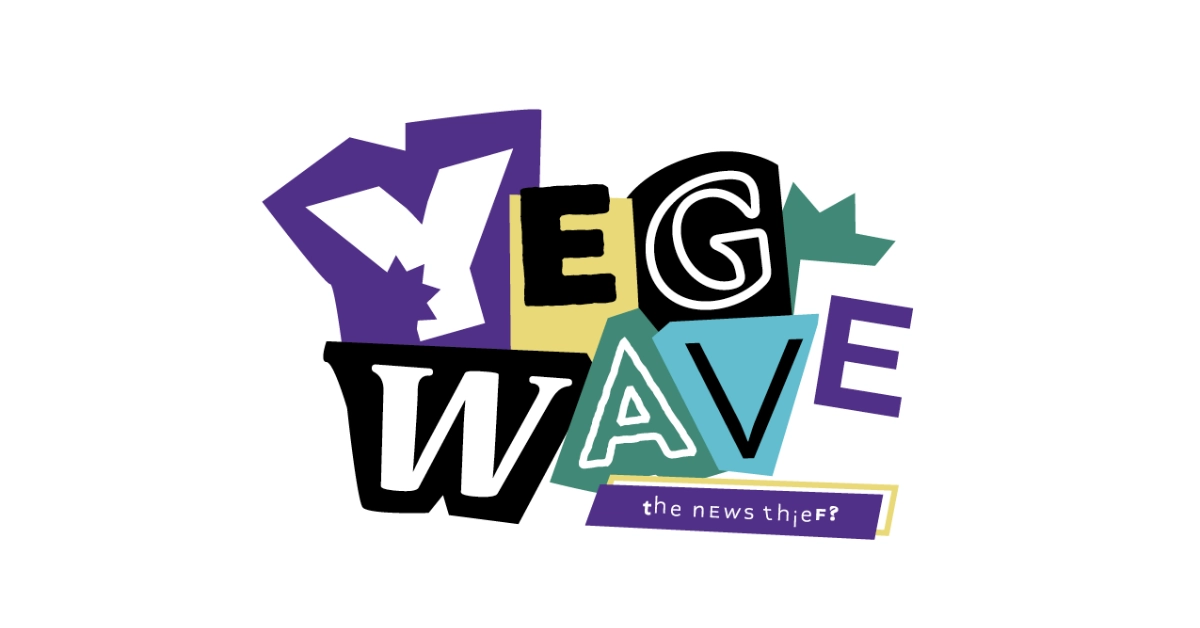



Whoever runs Yegwave is a lazy, opportunistic loser who relies on solely engagement from ignorant bigots. Hioe they don’t give up their day job or consider themselves to be anything resembling a journalist.
Not surprised. The page is run be a freak who allows for cnesr constant racism in the comments. It’s the most low effort attempt at journalism I’ve ever seen. Probably a homely, unexceptional, ineffective weirdo who runs it.
Posting videos is now racist, according to reddit and this comments section. These terminally online losers need to get a grip on reality and step outside their mothers basement before it’s too late.
Thankfully the vast majority of the population doesn’t agree with them.
You never did very well in school did you Lisa? You need therapy and to talk to more people outside your wierd bubble
People, including the author of this article, and other journalists love to hate on the success of another individual. Yes, Yegwave has its flaws, and a rocky past, but they’ve evolved since 2021/2022. Their speed in reporting on breaking news laps any news station/journalist, and there seems to be a lot of envy in these hate comments and this article. Low quality writing btw
Thank you for this article. I think people are so hesitant to accept criticism on the things they enjoy or frequently use as a regular source of information. I don’t particularly use social media, but I did at one point follow YEGwave, however it was very bleak to see the events,
and the comments were so judgemental and full of anger I just decided I felt better not knowing the goings on in Edmonton. Its very sad to hear that they are using others hard work, although I can’t deny it hasn’t help people be more aware of things, I just wish people did not desire the suffering of others for their own entertainment.